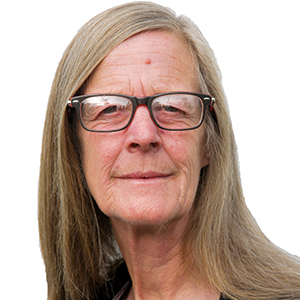Two weeks ago I read in The Tablet that bishops in some parts of western Canada were instructing their clergy that they were not obliged to give “Last Rites” or say Requiem Mass for individuals who opted for “assisted dying” – recently legalised in Canada. I find this not only distressing but bizarre.
Of course, no priest is obliged to absolve, anoint or even bury anyone he knows to be in mortal sin and unrepentant, but in the case of suicide the 1997 Catechism is pretty clear: “We should not despair of the eternal salvation of persons who have taken their own lives. By ways known to Him alone, God can and will provide the opportunity for salutary repentance. The Church prays for persons who have taken their own lives.”
For someone to be in mortal sin, in any case, they have to have both knowledge and will (they have to know their action is seriously wrong and they have to choose freely to do it nonetheless). Under the new Canadian law, assisted dying is only permissible “for adults with grievous and irremediable medical conditions”.
It seems to me unlikely that a person in “grievous” pain is going to be straightforwardly capable of forming any such clear intention (night cramps and toothache both undermine my clarity of moral will to an alarming degree, even without any realistic fear of their being “irremediable”). Pain and fear undermine sound judgement and can lead to confusion and depression.
20 October 2016, The Tablet
It seems highly probable that I, along with most other human beings, will die in my sins
Get Instant Access
Continue Reading
Register for free to read this article in full
Subscribe for unlimited access
From just £30 quarterly
Complete access to all Tablet website content including all premium content.
The full weekly edition in print and digital including our 179 years archive.
PDF version to view on iPad, iPhone or computer.
Already a subscriber? Login




